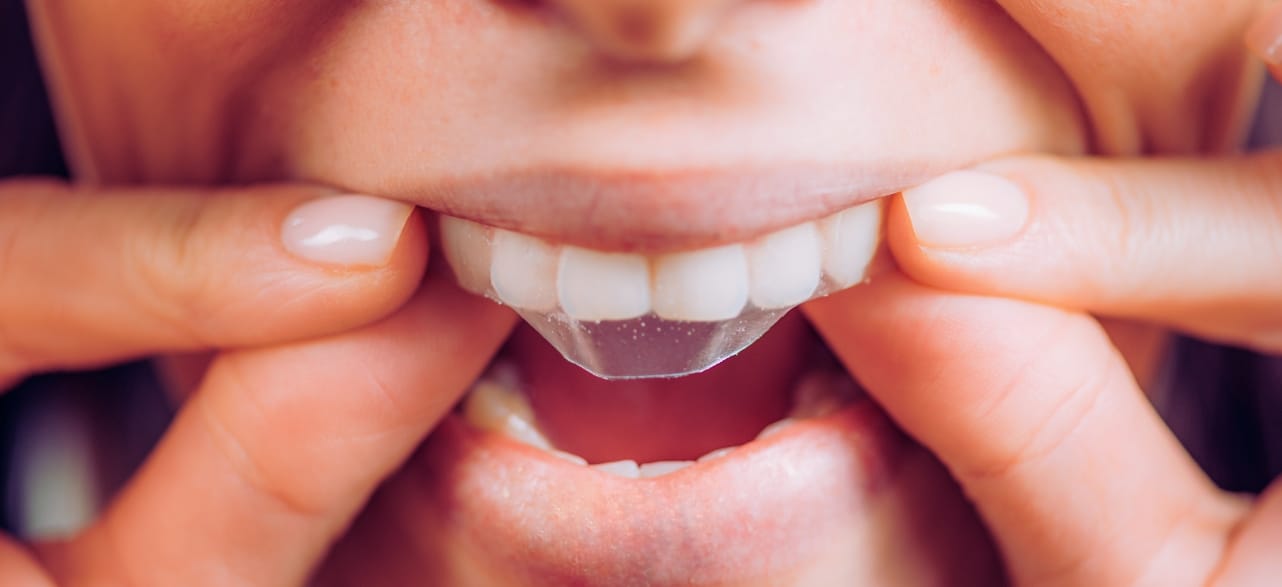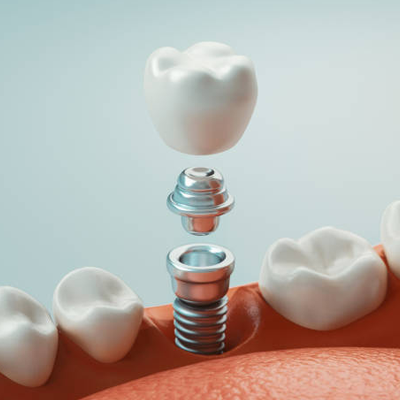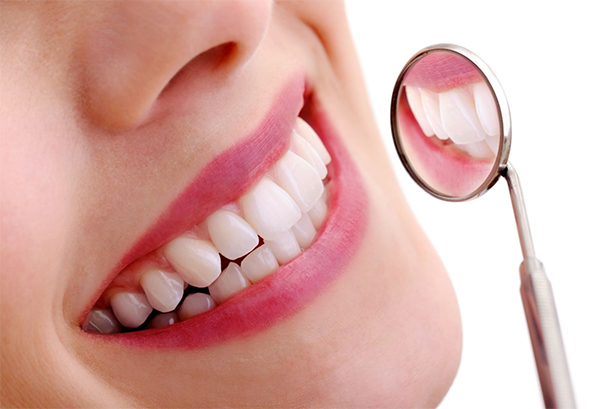
Why Do My Teeth Hurt When I Drink Cold Water
Summer is here, and there’s nothing quite like a refreshing glass of ice-cold water to quench your thirst on a hot day. But for some people, that cool sip can trigger a jolt of pain in their teeth. If you’ve ever experienced this discomfort, you’re not alone. Tooth sensitivity is a common dental issue that can be caused by several factors. Let’s delve into the reasons why your teeth might protest when you drink cold water, and explore solutions to bring back the enjoyment of that chilled beverage.
Understanding Tooth Anatomy
To understand tooth sensitivity, it’s helpful to have a basic understanding of tooth anatomy. Each tooth is composed of three main layers:
- Enamel: The hard, outer shell that protects the tooth from external stimuli like temperature and bacteria.
- Dentin: A softer layer beneath the enamel that contains microscopic tubules leading to the pulp.
- Pulp: The innermost layer of the tooth, housing nerves, and blood vessels.
The Culprit: Exposed Dentin
The dentin layer contains tiny fluid-filled canals called dentinal tubules. When the enamel weakens or wears away, these tubules become exposed. When you drink cold water, the sudden temperature change can stimulate the fluid within these tubules, triggering pain in the nerves of the pulp.
Causes of Enamel Weakening and Exposed Dentin
Several factors can contribute to enamel erosion and exposed dentin, leading to sensitivity when you drink cold water:
Brushing Too Hard:
Brushing aggressively can wear down enamel over time. Use a soft-bristled toothbrush and gentle circular motions while brushing.
Acidic Foods and Drinks:
Regularly consuming acidic foods and drinks like citrus fruits, soda, and sports drinks can erode enamel.
Gum Recession:
As gum tissue recedes, the root surface of the tooth becomes exposed, which is less protected by enamel and more prone to sensitivity. Gum disease is a leading cause of gum recession.
Cracked or Chipped Teeth:
Cracks or chips in teeth can expose the dentin layer directly. This can be caused by trauma, chewing on hard objects, or teeth grinding.
Worn-Down Fillings:
Old or worn-down fillings may allow for cold sensitivity around the edges of the filling.
Beyond Cold Water: Other Sensitivity Triggers
While cold water is a common trigger, tooth sensitivity can also be caused by:
- Hot drinks
- Sweet foods
- Acidic foods
- Spicy foods
- Cold air
Diagnosis and Treatment of Tooth Sensitivity
If you’re experiencing frequent pain when you drink cold water or encounter other sensitivity triggers, it’s important to see a dentist for a proper diagnosis. They can examine your teeth, identify the cause of the sensitivity, and recommend the best course of treatment. Here are some common treatment options:
Desensitizing toothpaste:
These toothpaste contain ingredients that block the dentinal tubules, reducing sensitivity.
Fluoride treatment:
Fluoride strengthens enamel and can help prevent further erosion.
Dental bonding or fillings:
If a crack, chip, or worn-down filling is causing the sensitivity, your dentist may recommend bonding or a filling to restore the tooth surface.
Crown:
In severe cases, a crown may be necessary to completely cover the tooth and protect the sensitive dentin.
Preventing Tooth Sensitivity
The best way to deal with tooth sensitivity is to prevent it in the first place. Here are some tips:
Practice good oral hygiene:
Brush your teeth twice a day for two minutes with a soft-bristled toothbrush and fluoride toothpaste. Floss daily to remove plaque and bacteria from between your teeth.
Maintain a balanced diet:
Limit your intake of acidic and sugary foods and drinks.
Use a desensitizing toothpaste:
If you’re prone to sensitivity, consider using a desensitizing toothpaste regularly.
See your dentist regularly:
Schedule regular checkups and cleanings with your dentist to monitor your oral health and address any potential issues early on.
Finding Relief in McKinney
If you’re experiencing tooth sensitivity and live in the McKinney area, consider scheduling an appointment with a reputable dentist. They can help diagnose the cause of your discomfort and recommend the most effective treatment to get you back to enjoying your favorite cold beverages pain-free.
Living with Tooth Sensitivity: Daily Habits and Long-Term Solutions
Tooth sensitivity can be a frustrating and persistent issue. While the tips mentioned earlier focus on prevention and treatment, here’s a deeper dive into managing tooth sensitivity in your daily routine and exploring long-term solutions:
Daily Habits for Sensitive Teeth
Temperature Control:
When possible, opt for lukewarm beverages instead of extremes in temperature. This can help lessen the shock to your teeth.
Desensitizing Techniques:
Beyond toothpaste, consider using a desensitizing mouthwash. Look for products containing potassium nitrate or strontium chloride, which can help block the dentinal tubules.
Dietary Adjustments:
While you don’t need to eliminate all your favorite treats, be mindful of acidic and sugary foods and drinks. Rinse your mouth with water after consuming them to neutralize acidity.
Mindful Brushing:
As mentioned before, the brushing technique is crucial. Use a soft-bristled toothbrush and avoid applying excessive pressure. Consider an electric toothbrush with a pressure sensor to guide you.
Flossing Matters:
Flossing daily removes plaque and bacteria from between teeth, contributing to overall oral health and potentially reducing gum recession, a contributing factor to sensitivity.
Long-Term Solutions for Lasting Relief
Professional Fluoride Treatments:
In-office fluoride treatments applied by your dentist can provide a stronger concentration of fluoride compared to toothpaste, further strengthening enamel.
Dental Bonding or Veneers:
For chipped or cracked teeth, bonding or veneers can restore the tooth structure and protect the underlying dentin.
Crown Placement:
In severe cases where the pulp is exposed, a crown (a cap placed over the entire tooth) may be necessary to provide complete protection and prevent further sensitivity.
Natural Remedies (with a Note of Caution)
While some people find relief with natural remedies, it’s important to consult your dentist before trying them. Here are a few options to discuss:
Clove Oil:
Clove oil has natural numbing properties. However, use it with extreme caution due to its potency. Dilute a single drop with a carrier oil like coconut oil and apply a tiny amount to the sensitive tooth with a cotton swab. Never swallow clove oil.
Salt Solution:
Mixing a teaspoon of salt with warm water can create a soothing rinse. However, frequent use of salt water can disrupt the mouth’s natural pH balance, so use it sparingly.
- Remember: Natural remedies shouldn’t replace professional dental care.
Considering Your Overall Health
Certain medical conditions can contribute to tooth sensitivity. If you have frequent heartburn or acid reflux, consult your doctor to manage these issues, as stomach acid erosion can weaken enamel.
The Importance of Regular Dental Checkups
Don’t wait until you experience pain to see your dentist. Scheduling regular checkups and cleanings allows your dentist to identify and address potential problems early on, preventing sensitivity from worsening. They can also monitor your gum health and recommend treatment for gum disease if needed.
Living a Smile-Worthy Life with Sensitive Teeth
Tooth sensitivity can be managed effectively with a combination of preventive habits, proper dental care, and exploring treatment options with your dentist. By following these tips and recommendations, you can enjoy the refreshing taste of cold water and all your favorite beverages without discomfort. Remember, a healthy smile is a happy smile!










